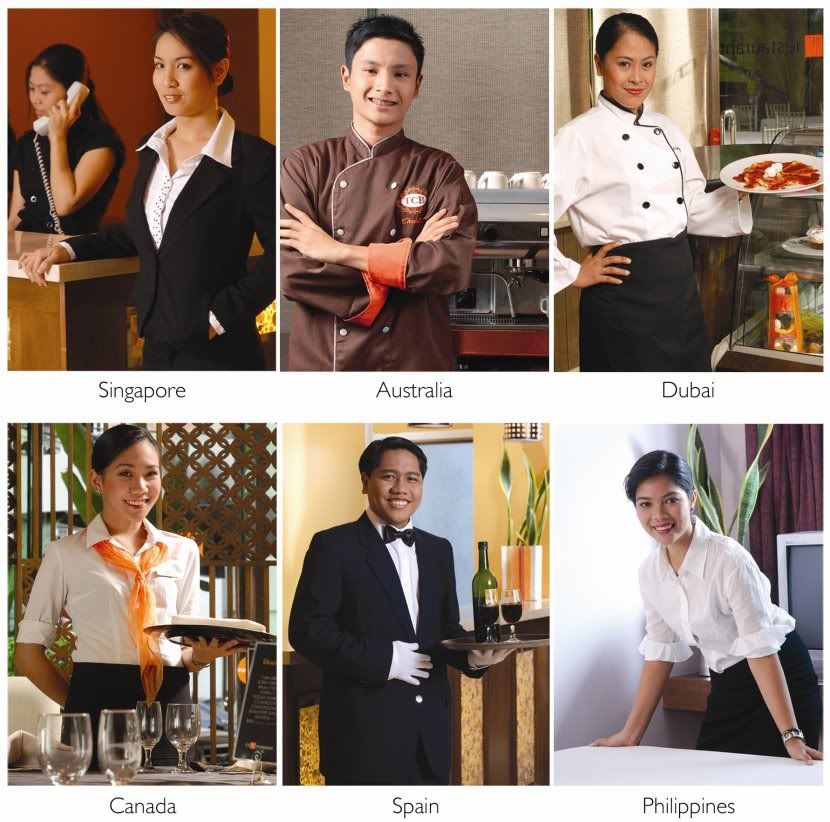Your resume outlines your professional history, educational background, relevant industry skills and states your career goals. As a hotel and restaurant manager, you’ll need to show through your resume what you’ve done, along with revealing the skills you'll be bringing to the table. While it’s imperative to focus on a standard outline when writing a resume, you can be creative and draw attention to your most outstanding achievements in the hospitality industry.
Instructions
- Write your name and place it in the header section. Follow a chronological resume format style. Your page should be set to a normal page layout. This encompasses 1-inch margins on all sides.
- 2Write your address in the upper left-hand corner. Type your street address, city, state and ZIP code. Include your contact phone number. Write your email address.
- 3Create a section and title it "Career Objective.” Include one sentence describing your goals. For example, you might write, “To secure a position as a Hotel and Restaurant Manager, using my knowledge of customer service and impeccable organization skills.”
- 4Create a section and title it "Professional Experience." Begin with your most recent employer. Write the name of the hotel or restaurant. Include your title and place this underneath. List the start and end dates of employment. Using bulleted points, list your job responsibilities. A statement might read “Managed upscale Italian restaurant and supervised staff of eighteen.” Or you may write something like, “Responsible for design and management of large social events, over 120 guests.”
- 5Include a bulleted list of skills. Write short statements, highlighting your knowledge in the hospitality industry and in management. Include six to nine statements. For example, “knowledge of food and beverage promotion, hotel recruitment and training, skilled in financing and development of contracts, familiarity in inventory control and management.”
- 6Create a section and title it "Education." Type the name of your school you attended, the type of degree you received, and include year of graduation. Include any hospitality training experience you have had.








